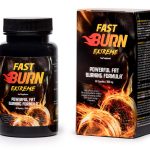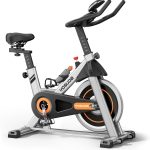Pre Workout Meal Mastery: The Ultimate Guide to Fueling Every Type of Training for Peak Performance
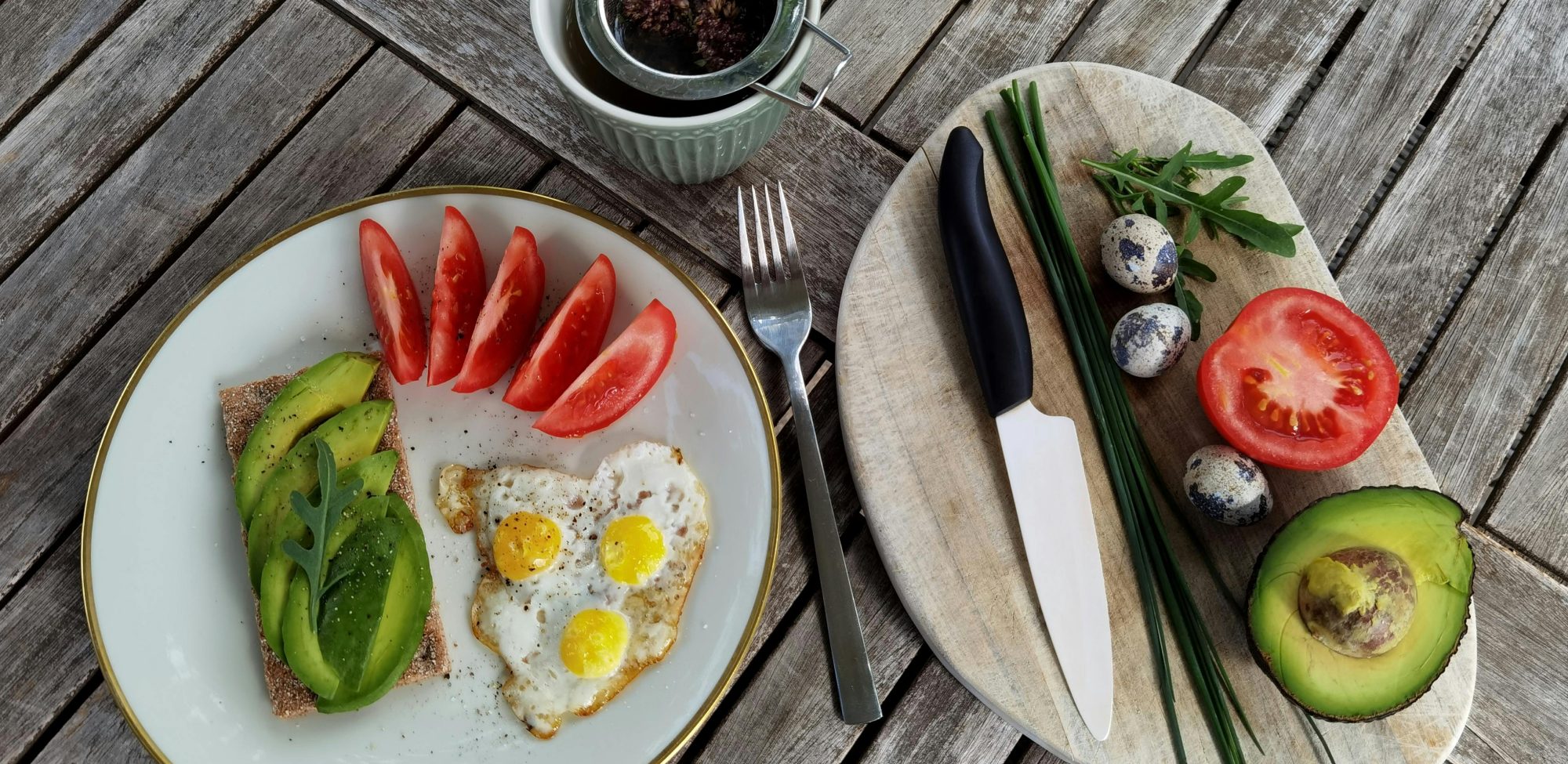
Pre Workout Meal Mastery: The Ultimate Guide to Fueling Every Type of Training for Peak Performance.
Are you tired of feeling drained halfway through your workout? Do you struggle with nausea, fatigue, or poor performance despite your dedication to training? You’re not alone. Millions of fitness enthusiasts face the same frustrating challenge: not knowing what to eat before and after their workouts. This comprehensive guide will transform your approach to exercise nutrition, helping you maximize every training session and accelerate your results.
The truth is, your pre workout meal can make or break your entire training session. Whether you’re crushing a high-intensity cardio session, pushing heavy weights, or training for endurance events, the right pre workout meal strategy will unlock your body’s full potential while preventing the energy crashes that derail so many fitness journeys. Understanding how to structure the perfect pre workout meal is the foundation of athletic success.
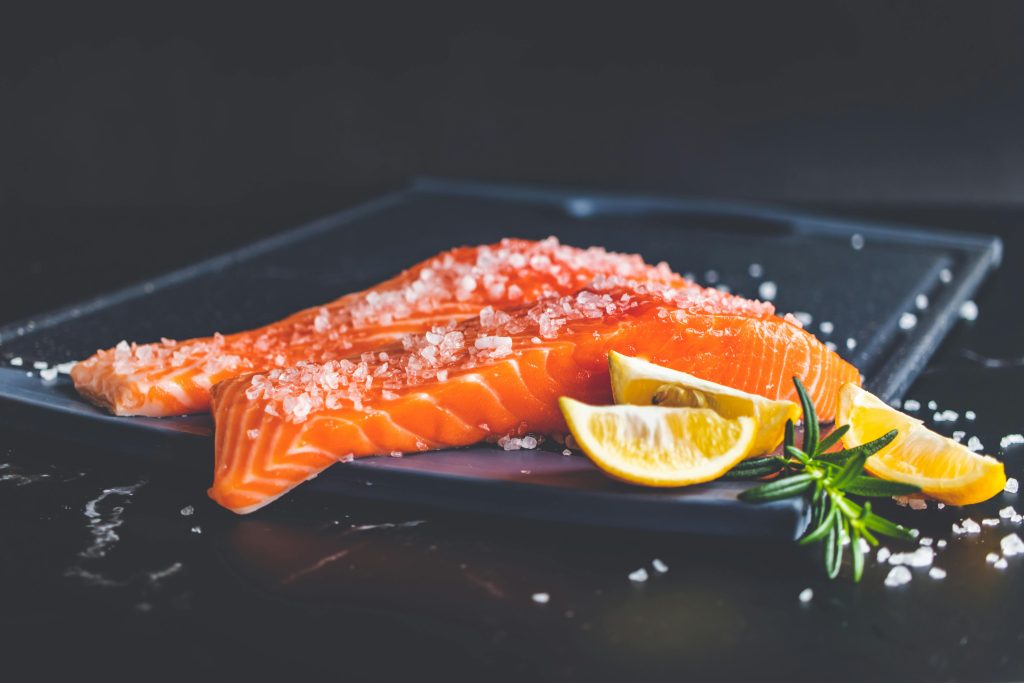
Understanding the Science Behind Pre and Post-Workout Nutrition
Your body is like a high-performance vehicle that requires the right fuel at the right time. During exercise, your muscles primarily rely on glycogen (stored carbohydrates) for energy, while also utilizing fats and proteins for various physiological processes. Without proper nutrition timing, you’re essentially trying to drive a car with an empty gas tank.
Research published in the Journal of Sports Medicine and Physical Fitness demonstrates that strategic nutrient timing can improve performance by up to 25% while reducing muscle damage and accelerating recovery. This isn’t just about eating something before you train – it’s about creating a systematic approach that aligns with your specific training goals.
The challenge many people face is information overload. With countless conflicting opinions online, it’s easy to become paralyzed by choice. Some experts advocate for fasted training, while others insist on specific macronutrient ratios. The reality is that optimal nutrition depends on several factors: your training type, duration, intensity, personal metabolism, and individual goals.
The Foundation: Core Principles of Exercise Nutrition
Before diving into specific strategies for different types of training, it’s essential to understand the fundamental principles that govern exercise nutrition. These principles will serve as your roadmap regardless of whether you’re preparing for a gentle yoga session or an intense CrossFit workout.
Timing Is Everything
The timing of your pre workout meal significantly impacts how well your body can utilize the nutrients you consume. A well-planned pre workout meal ensures optimal energy availability when you need it most. Generally, larger pre workout meal options should be consumed 3-4 hours before training, while smaller pre workout meal snacks can be eaten 30-60 minutes prior to exercise. This pre workout meal timing allows for proper digestion while ensuring energy availability when you need it most.
Post-workout nutrition follows the “anabolic window” concept, though recent research suggests this window is more flexible than previously thought. The key is consuming nutrients within 2-3 hours after training to optimize recovery and adaptation.
Hydration: The Often Overlooked Component
Proper hydration begins long before you step into the gym. Dehydration of just 2% can significantly impair performance, while 3-4% dehydration can be dangerous. Start hydrating upon waking and continue throughout the day, aiming for pale yellow urine as an indicator of adequate hydration status.
Individual Variability
What works for your training partner might not work for you. Factors such as body composition, metabolic rate, training experience, and even genetics influence how your body responds to different nutrition strategies. This guide provides frameworks that you can adapt based on your individual responses and preferences.
Pre Workout Meal Strategies for Cardio Training
Cardiovascular exercise places unique demands on your body’s energy systems. Whether you’re planning a steady-state run, high-intensity interval training (HIIT), or a spin class, your nutrition strategy should support sustained energy output while preventing gastrointestinal distress.
Low to Moderate Intensity Cardio (45-90 minutes)
For longer, steady-state cardio sessions, your pre workout meal should emphasize easily digestible carbohydrates with minimal fat and fiber to prevent stomach upset. The ideal pre workout meal for cardio includes options like:
- Banana with a small amount of honey and a pinch of salt
- Toast with jam and a cup of coffee
- Oatmeal made with water and topped with berries
- Sports drink consumed 15-30 minutes before training
The goal is to top off muscle glycogen stores without creating digestive stress. These sessions primarily rely on fat oxidation, but having adequate carbohydrate availability ensures you can maintain intensity throughout your workout.
High-Intensity Cardio and HIIT
High-intensity training demands rapid energy availability, making your pre workout meal even more critical. These sessions deplete glycogen stores quickly and require immediate energy release. The perfect pre workout meal for HIIT should consider these options:
- Greek yogurt with granola and fruit (2-3 hours before)
- Whole grain toast with banana and almond butter (2 hours before)
- Energy balls made with dates, oats, and nuts (1-2 hours before)
- Simple carbohydrate drink (30 minutes before)
For sessions lasting longer than 60 minutes, consider bringing easily digestible carbohydrates to consume during training, such as sports drinks or energy gels.
Post-Cardio Recovery
After cardio training, your primary goals are glycogen replenishment and hydration restoration. The ideal post-workout meal combines carbohydrates and protein in a 3:1 or 4:1 ratio. Excellent options include:
- Chocolate milk (a proven recovery drink)
- Quinoa bowl with vegetables and lean protein
- Smoothie with fruit, protein powder, and spinach
- Turkey and avocado wrap with sweet potato
Strength Training: Building Power Through Proper Nutrition
Strength training places different demands on your body compared to cardio exercise. Your muscles need readily available energy for explosive movements, while also requiring amino acids for muscle protein synthesis and recovery.
Pre-Strength Training Nutrition
Your pre workout meal for strength training should provide sustained energy while supplying amino acids for muscle protection. The combination of carbohydrates and protein in your pre workout meal creates an ideal environment for performance and recovery. Consider these pre workout meal timing strategies:
2-3 Hours Before Training:
- Grilled chicken breast with rice and steamed vegetables
- Salmon with quinoa and roasted sweet potato
- Turkey and vegetable stir-fry over brown rice
- Lean beef with pasta and marinara sauce
1-2 Hours Before Training:
- Greek yogurt with berries and granola
- Protein smoothie with banana and oats
- Whole grain toast with avocado and eggs
- Cottage cheese with fruit and nuts
30-60 Minutes Before Training:
- Protein shake with simple carbohydrates
- Banana with protein powder
- Rice cakes with almond butter
- Dates stuffed with nuts
Intra-Workout Considerations for Strength Training
For strength training sessions lasting longer than 90 minutes, consider consuming branched-chain amino acids (BCAAs) or essential amino acids during your workout. This strategy helps prevent muscle breakdown while maintaining energy levels throughout extended sessions.
Post-Strength Training Recovery
The post-workout period is crucial for strength athletes. Your body needs protein for muscle repair and carbohydrates for glycogen replenishment. Aim to consume 20-30 grams of high-quality protein within 2 hours of training, along with carbohydrates to support recovery.
Excellent post-strength training options include:
- Lean protein with complex carbohydrates and vegetables
- Protein shake with milk and fruit
- Eggs with whole grain toast and avocado
- Greek yogurt parfait with granola and berries
Endurance Training: Sustaining Energy for the Long Haul
Endurance training presents unique nutritional challenges. Sessions often last several hours, requiring sustained energy availability while maintaining gastrointestinal comfort. Your nutrition strategy must account for both immediate performance needs and long-term energy sustainability.
Pre-Endurance Training Strategy
For endurance events lasting longer than 90 minutes, your pre workout meal becomes even more critical. The goal is maximizing glycogen storage while ensuring digestive comfort throughout your session. A strategic pre workout meal approach for endurance includes:
3-4 Hours Before Long Training Sessions:
- Large bowl of oatmeal with banana, berries, and nuts
- Whole grain pancakes with maple syrup and fruit
- Bagel with peanut butter, banana, and honey
- Rice with lean protein and vegetables
1-2 Hours Before Training:
- Energy bar with natural ingredients
- Toast with jam and coffee
- Sports drink with electrolytes
- Dried fruit and nut mix
During Endurance Training
For sessions exceeding 60-90 minutes, consuming carbohydrates during exercise becomes essential. Aim for 30-60 grams of carbohydrates per hour, depending on your body size and training intensity. Options include:
- Sports drinks with 6-8% carbohydrate concentration
- Energy gels taken with water
- Bananas or dates for natural alternatives
- Homemade energy balls or bars
Post-Endurance Recovery
Recovery from endurance training requires aggressive glycogen replenishment and electrolyte restoration. The first 30-60 minutes post-exercise represents a critical window for initiating recovery processes.
Immediate post-workout (within 30 minutes):
- Sports drink with carbohydrates and electrolytes
- Chocolate milk with added electrolytes
- Recovery smoothie with fruit and protein
- Coconut water with a banana
Complete recovery meal (within 2-3 hours):
- Large portion of complex carbohydrates with lean protein
- Pasta with turkey meatballs and vegetables
- Rice bowl with fish and colorful vegetables
- Quinoa salad with chickpeas and avocado
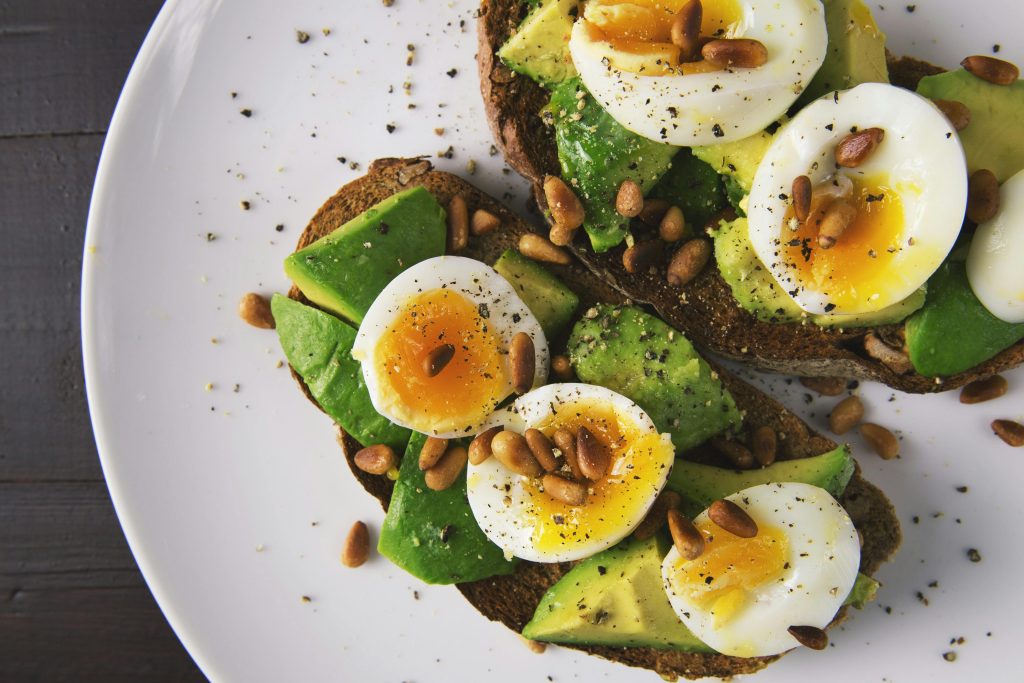
Hydration Strategies Across All Training Types
Proper hydration extends far beyond simply drinking water. Electrolyte balance, timing, and individual sweat rates all influence your hydration strategy. Many athletes underestimate their fluid needs, leading to decreased performance and increased risk of heat-related illness.
Pre-Training Hydration
Begin hydrating several hours before your workout. Consume 16-20 ounces of fluid 2-3 hours before training, followed by 8-10 ounces 15-30 minutes prior to starting. If you’re training in hot conditions or are a heavy sweater, increase these amounts accordingly.
During Training Hydration
The American College of Sports Medicine recommends consuming 6-8 ounces of fluid every 15-20 minutes during exercise lasting longer than 60 minutes. For shorter sessions, water is typically sufficient. Longer sessions benefit from sports drinks containing 6-8% carbohydrates and electrolytes.
Post-Training Hydration
Weigh yourself before and after training to determine fluid losses. For every pound lost, consume 16-24 ounces of fluid. This should be consumed gradually over several hours rather than all at once.
Common Mistakes and How to Avoid Them
Even well-intentioned athletes often make nutrition mistakes that compromise their training results. Understanding these common pitfalls can help you optimize your approach and avoid unnecessary setbacks.
Mistake 1: Eating Too Close to Training
Many people struggle with timing their pre workout meal appropriately. Eating a large pre workout meal within 1-2 hours of training can cause digestive distress, nausea, and poor performance. If you must consume your pre workout meal close to training time, choose easily digestible options and keep portions small. The key is finding the right pre workout meal timing that works for your body.
Mistake 2: Neglecting Post-Workout Nutrition
The post-workout period represents a critical opportunity to enhance recovery and adaptation. Waiting too long to eat after training can impair muscle protein synthesis and delay glycogen replenishment.
Mistake 3: Overcomplicating Nutrition
Some athletes become so focused on perfect nutrition that they create unnecessary stress and complexity. Simple, whole foods often provide better results than expensive supplements and complicated timing protocols.
Mistake 4: Ignoring Individual Responses
What works for others might not work for you. Pay attention to how different foods affect your energy levels, digestive comfort, and performance. Keep a nutrition log to identify patterns and optimize your approach.
Supplement Considerations and Recommendations
While whole foods should form the foundation of your nutrition strategy, certain supplements can provide convenient and effective support for your training goals. Here are evidence-based options to consider:
Pre-Workout Supplements
A high-quality pre-workout supplement can enhance your training performance when used strategically. Look for products containing caffeine, beta-alanine, and citrulline malate. These ingredients have strong research support for improving power output, reducing fatigue, and enhancing focus.
Recommended Product: Optimum Nutrition Gold Standard Pre-Workout, available on Amazon, provides a balanced blend of performance-enhancing ingredients without excessive stimulants. This product offers sustained energy without the crash associated with many pre-workout formulas.
Protein Supplements
Protein powder offers a convenient way to meet your daily protein requirements and optimize recovery. Whey protein isolate provides rapid absorption, making it ideal for post-workout consumption, while casein protein offers sustained amino acid release.
Creatine Monohydrate
Creatine is one of the most researched and effective supplements for strength and power athletes. It enhances phosphocreatine stores in muscles, allowing for improved performance during high-intensity, short-duration activities.
Sample Meal Plans for Different Training Goals
To help you implement these concepts practically, here are detailed meal plans for different training scenarios. These serve as templates that you can modify based on your preferences and individual responses.
Fat Loss and Cardio Focus
This plan emphasizes moderate calorie restriction while providing adequate energy for cardio training and muscle preservation.
Pre-Workout (1-2 hours before): Your optimal pre workout meal should include: 1 medium banana with 1 tablespoon almond butter
- Black coffee or green tea as part of your pre workout meal strategy
Post-Workout:
- Protein smoothie: 1 scoop whey protein, 1 cup unsweetened almond milk, 1 cup spinach, 1/2 cup berries, 1 tablespoon ground flaxseed
Daily Meals:
- Breakfast: Greek yogurt with berries and a small portion of granola
- Lunch: Large salad with grilled chicken, mixed vegetables, and olive oil vinaigrette
- Dinner: Baked fish with roasted vegetables and quinoa
- Snacks: Raw vegetables with hummus, apple with small portion of nuts
Muscle Building and Strength Focus
This plan provides adequate calories and protein to support muscle growth while ensuring optimal performance during strength training sessions.
Pre-Workout (2-3 hours before): Your substantial pre workout meal should include: Grilled chicken breast (4 oz), brown rice (1 cup cooked), steamed broccoli (1 cup)
Pre-Workout (30-60 minutes before): Your quick pre workout meal options:
- Protein shake with banana and oats
- 1 scoop whey protein, 1 medium banana, 1/4 cup oats, 1 cup milk
Post-Workout:
- Chocolate milk (16 oz) immediately after training
- Full meal within 2 hours: Lean beef (6 oz), sweet potato (1 large), mixed vegetables
Daily Meals:
- Breakfast: 3 whole eggs + 2 egg whites, 2 slices whole grain toast, 1/2 avocado
- Lunch: Turkey and vegetable wrap with quinoa salad
- Dinner: Salmon with pasta and marinara sauce, side salad
- Snacks: Greek yogurt with nuts, protein bar, fruit with nut butter
Endurance Training Focus
This plan emphasizes carbohydrate availability while maintaining adequate protein for recovery and adaptation.
Pre-Long Training Session (3-4 hours before): Your comprehensive pre workout meal foundation: Large bowl of oatmeal with banana, berries, honey, and chopped nuts, plus orange juice
Pre-Training (1-2 hours before): Your lighter pre workout meal approach:
- Bagel with jam and coffee
- Sports drink (16-20 oz)
During Training (sessions >90 minutes):
- Sports drink: 6-8 oz every 15-20 minutes
- Energy gel or banana every 45-60 minutes
Post-Training:
- Immediate (within 30 minutes): Chocolate milk or recovery drink
- Within 2-3 hours: Large pasta meal with lean protein and vegetables
Advanced Strategies for Competitive Athletes
Competitive athletes often require more sophisticated nutrition strategies to maximize performance and recovery. These advanced techniques should be implemented gradually and preferably under professional guidance.
Periodized Nutrition
Just as your training program periodizes volume and intensity, your nutrition can be periodized to match training demands. During high-volume phases, increase carbohydrate intake to support energy needs. During recovery phases, emphasize protein and anti-inflammatory foods.
Heat Acclimatization and Nutrition
Training in hot conditions requires modified nutrition strategies. Increase sodium intake in your pre workout meal when training in heat, and consider electrolyte loading protocols for important competitions in hot environments. Your pre workout meal in hot conditions requires special attention to electrolyte balance.
Travel and Competition Nutrition
Traveling to competitions presents unique challenges. Pack familiar foods, research local options in advance, and maintain your usual meal timing as much as possible. Consider portable, non-perishable options that replicate your normal training nutrition.
Troubleshooting Common Issues
Even with careful planning, you may encounter nutrition-related challenges that affect your training. Here’s how to address common problems:
Energy Crashes During Training
If you experience energy crashes mid-workout, evaluate your pre-training carbohydrate intake. You may need to increase the amount or adjust the timing of your pre workout meal. Consider adding simple carbohydrates 30-45 minutes before training as part of your pre workout meal strategy. The right pre workout meal composition can eliminate these energy dips completely.
Digestive Issues
Gastrointestinal problems during exercise often relate to food choices, timing, or hydration status. Reduce fiber and fat intake before training, ensure adequate hydration, and consider eliminating potential trigger foods.
Poor Recovery
Slow recovery can indicate inadequate post-workout nutrition, insufficient sleep, or excessive training stress. Ensure you’re consuming adequate protein and carbohydrates after training, and consider increasing your overall caloric intake if you’re in a prolonged deficit.
Plateau in Performance
Performance plateaus sometimes relate to inadequate fueling rather than training issues. Evaluate whether you’re providing sufficient energy to support your training demands, particularly if you’re trying to lose weight while maintaining high training volumes.
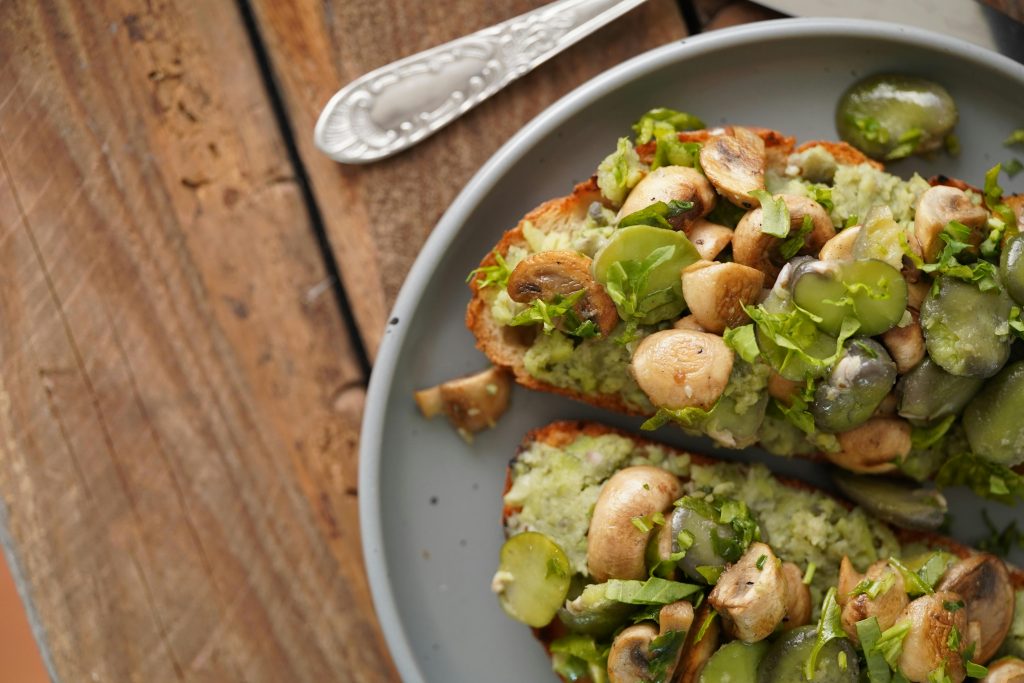
Conclusion: Your Path to Optimal Performance
Mastering pre and post-workout nutrition isn’t about perfection – it’s about consistency and adaptation. Start with the fundamental principles outlined in this guide, then refine your approach based on your individual responses and goals. Remember that your pre workout meal and post-training nutrition represent powerful tools for enhancing performance, accelerating recovery, and achieving your fitness objectives. Every successful pre workout meal brings you closer to your goals.
The key to success lies in viewing your pre workout meal as an integral part of your training program, not an afterthought. By taking the time to plan and prepare appropriate pre workout meal options, you’re investing in your long-term health and performance outcomes. A well-planned pre workout meal can be the difference between an average workout and an exceptional one.
Begin implementing these pre workout meal strategies gradually, focusing on one aspect at a time. Whether you’re training for general fitness, competitive sport, or personal achievement, proper pre workout meal planning will help you train harder, recover faster, and ultimately reach your full potential. Your pre workout meal choices today determine your training success tomorrow.
Your journey to optimal performance starts with your next pre workout meal. Make it count.
Disclaimer: This article is for informational purposes only and should not replace professional medical or nutritional advice. Consult with healthcare providers before making significant changes to your diet or exercise routine.
